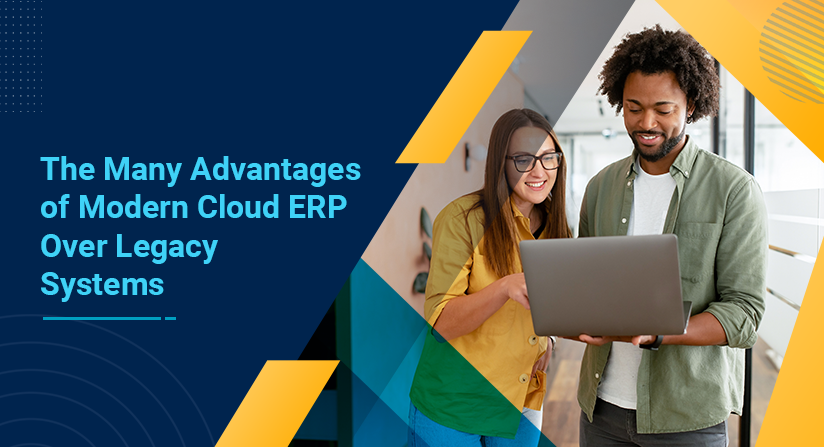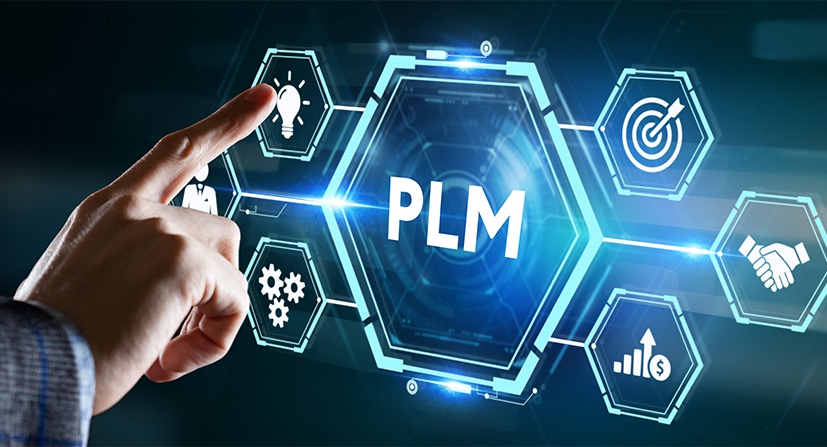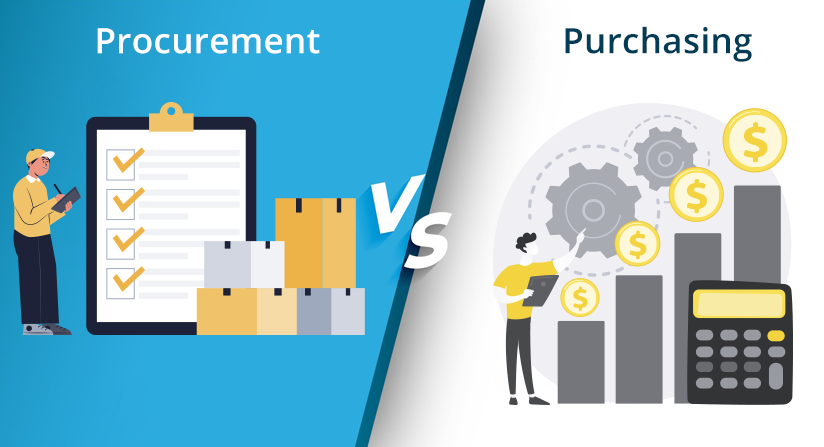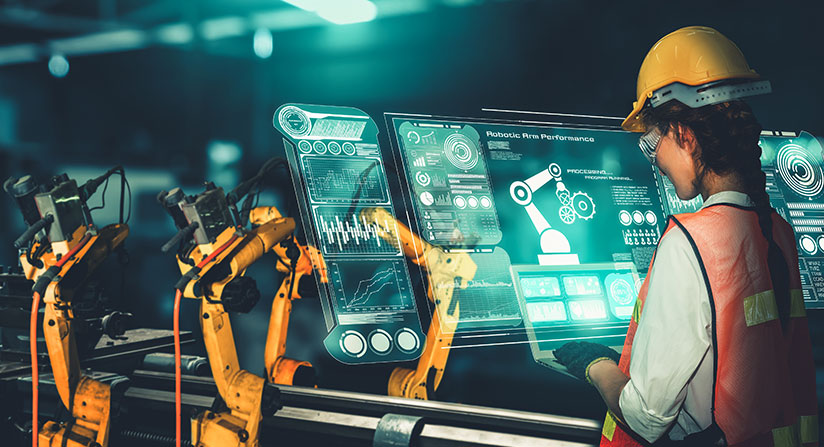Is your ERP software unable to support new technologies or incorporate new functionalities? Are your ERP maintenance costs high? Legacy ERP systems don’t provide the capabilities to help your business stand out in today’s competitive marketplace.
Cloud ERP software has been a game changer for companies of all sizes. Modern cloud ERP helps support the next generation of employees with agility, intelligence, and security.
Statistics on modern cloud technology:
- Over half (53%) of organizations with ERP software use cloud-based solutions rather than on-premise platforms.
- The global cloud ERP market size was valued at USD 49.80 billion in 2023. The market is projected to be worth USD 57.17 billion on 2024 and reach USD 181.04 billion by 2032, exhibiting a CAGR of 15.5% during the forecast.
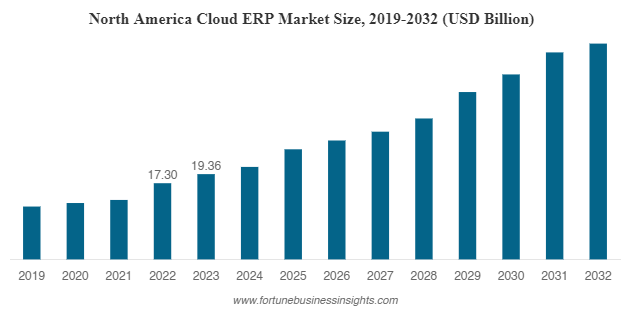
Now, let’s see how cloud ERP can future-proof your manufacturing business.
What is future-proofing your business and its importance for manufacturers?
Future-proofing your business means having it ready for underlying future conditions. Preparing your organization for what lies ahead, can determine its ultimate survival. Cloud ERP lets manufacturers be agile and adaptable, allowing them to adjust quickly to growth opportunities and success.
How can modern cloud ERP help future-proof your business?
One key factor that can help you future-proof your manufacturing business is embracing technology. Having a 20-year-old ERP system will not allow you to keep up with today’s business standards. A cloud ERP system has the capability to align with innovative technologies such as Artificial Intelligence, Machine Learning, IoT, and more.
The pitfalls of legacy ERP
A legacy ERP system is driven by outdated technology that was once innovative. The purpose of legacy technology was to improve productivity and streamline day-to-day functions, but over time it has become ineffective and obsolete.
Here are some common issues you may be facing with your legacy ERP system:
- Your software doesn’t support new technologies.
- Your software vendor infrequently incorporates new features into the system.
- Your software vendor no longer supports your system.
- Maintenance and support costs are high and the response time is slow.
- You have data storage and security issues.
- You cannot gather business insights, manage work remotely, and communication issues exist.
Legacy ERP slows an organization’s ability to stand out in a competitive market. As technology advances, modern and intelligent ERP software helps to create new ways of serving customers.
The power of a modern cloud ERP system
ERP software is a complete business management suite that handles all departmental operations and centralizes data to promote better decision-making and efficiency. Modern cloud ERP software allows manufacturers to access data from any mobile device to keep operations moving forward even when staff is not in the office or at their work station.
Modern cloud ERP software incorporates new technologies, provides advanced reporting functionality, and provides easy integration.
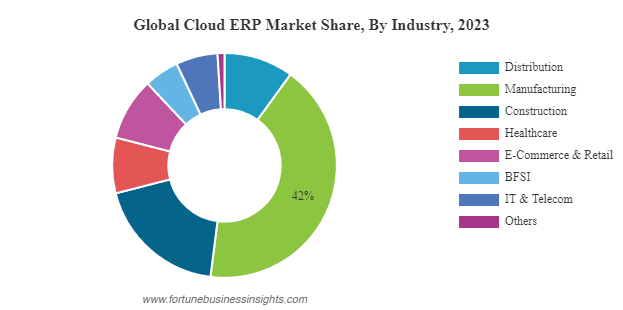
5 reasons why modernizing your ERP is important
1. Increased competitive advantage
With a centralized database that can be accessed on any handheld device, modern cloud ERP software helps lower costs, provides increased efficiency and improves customer satisfaction for a greater competitive advantage.
2. Better growth opportunities
Your ERP system should help you grow your business. If your system cannot meet your evolving business needs, it is time to consider modern cloud software. Cloud ERP provides the agility required to adapt to changing market scenarios, add new product lines, and accommodate seasonal variations.
3. Security and performance
Data security is a paramount concern for manufacturers, particularly in industries with stringent regulatory requirements, such as aerospace, healthcare, and defense. Cloud ERP supports multi-layer firewall testing to offer maximum security. It is a comprehensive and integrated software that avoids the vulnerability and risks associated with multiple systems and/or vendors.
4. Future-ready
Intelligent technologies such as AI (Artificial Intelligence), ML (Machine Learning), IoT (Internet of Things), etc. are built into SaaS-based or cloud platforms. These technologies connect with machines through sensors for real-time status of operations.
5. Greater insight and connectivity
While legacy ERP software has some reporting and management tools, cloud ERP unlocks Big Data to achieve increased insights. It also improves speed, visibility, connectivity, and accuracy.
With cloud ERP, employees can access information and manage tasks on mobile devices, and suppliers, trading partners, third-party vendors, and customers can have real-time information access through portals. A modern user interface (UI) helps users perform tasks more efficiently and with greater ease.
How cloud ERP helps manufacturers future-proof their operations
- Increased agility and responsiveness to market changes
- Improved production efficiency and reduced costs
- Enhanced data-driven decision making
- Better collaboration and communication within the organization
- Increased business insights and quality control
- The ability to work from anywhere at any time
Making the switch: A roadmap
The best way to migrate to cloud ERP is to understand your current business situation and determine what your future business needs will be. Consider seeking a qualified business partner who can guide you through the entire implementation process.
Here are the steps involved in implementing a modern cloud ERP system:
- Needs assessment and system selection
- Data migration and system configuration
- User training and change management
- Ensure you partner with a reliable ERP provider
Conclusion
Modern cloud ERP technology combines high-end technology, best practices, agility, collaboration, and insights. Shifting from a legacy ERP to modern cloud ERP can bring a wide range of benefits to your organization to help it grow and compete.
Follow Us

